reflection water and light에 대한 이미지 검색결과 Reference Pinterest 무대 디자인, 물 및 설치 미술
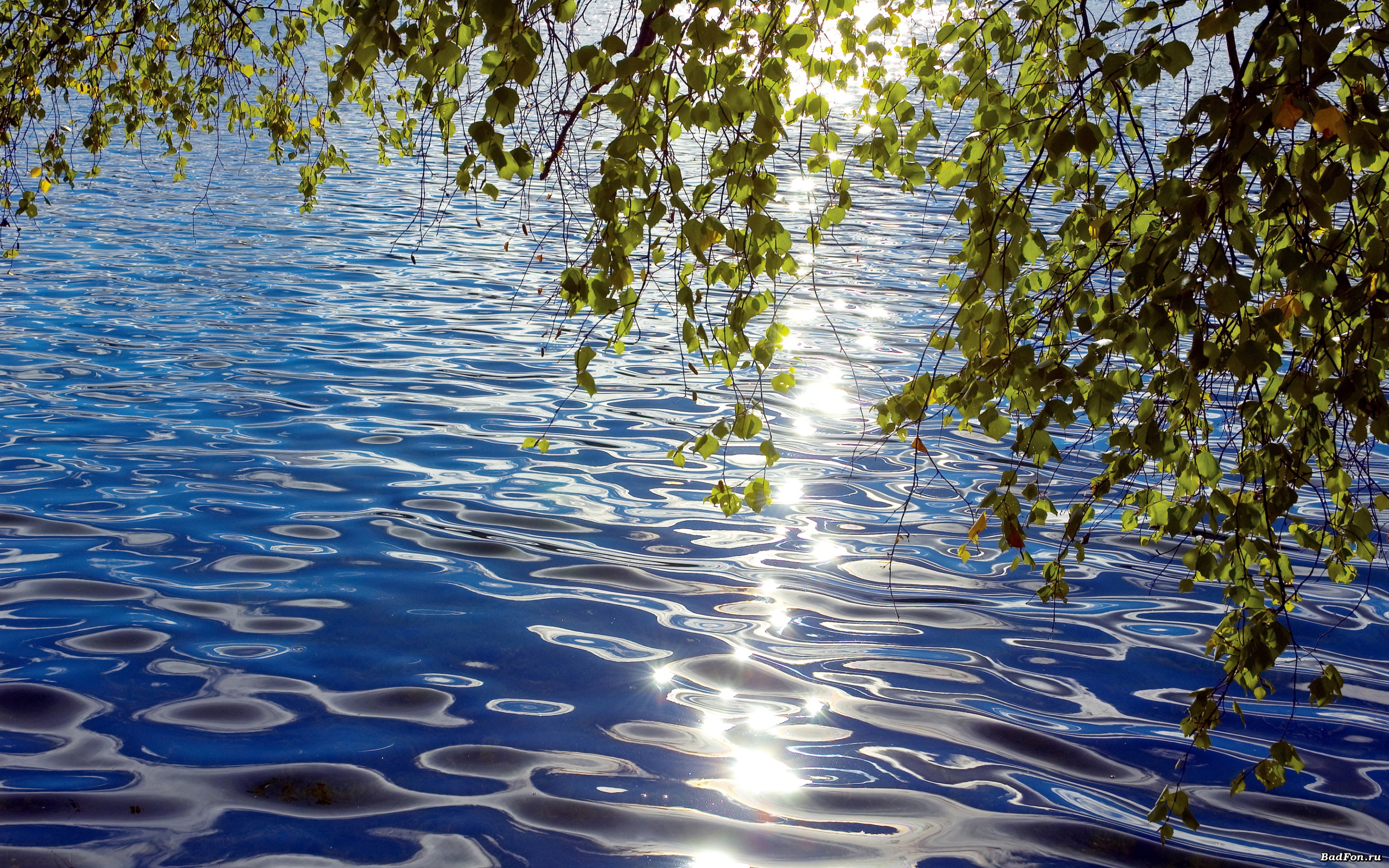
Sunshine water reflection wallpaper 2560x1600 32201
Figure 16.15 shows the meanings of most of the variables we will use for calculations involving curved mirrors. Figure 16.15 Look for the variables, do, d, ho, h, and f in this figure. The basic equation that describes both lenses and mirrors is the lens/mirror equation. 1 f = 1 di + 1 do. 1 f = 1 d i + 1 d o.
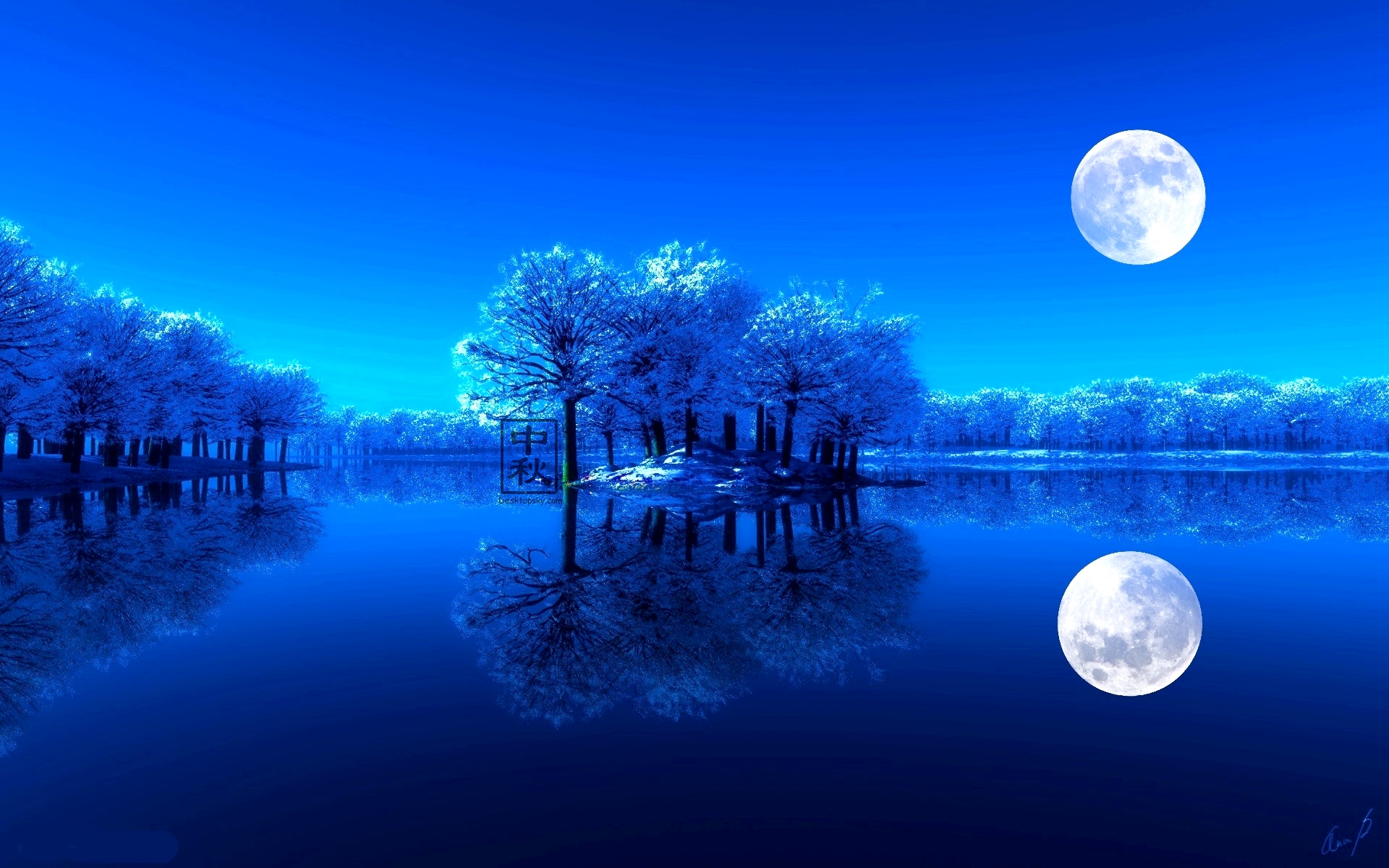
45 Best Reflection Pictures To Amaze You The WoW Style
According to Deakins, the idea of the water reflections "was to play with water with caustic patterns to evoke different emotions." This idea was undoubtedly achieved and resulted in one of the more emotional and beautiful dialogue scenes of the film. Blade Runner 2049 • Water light reflection effect

water reflection Sök på Google
The law of refraction, also known as Snell's law, describes the relationship between the angle of incidence (θ 1) and the angle of refraction (θ 2 ), measured with respect to the normal ("perpendicular line") to the surface, in mathematical terms: n1 sin θ 1 = n2 sin θ 2, where n1 and n2 are the index of refraction of the first and second media,.

Example Image with Caustics Water reflections, Water lighting, Mirror reflection
Step 1: Fill a Clear Glass With Water. The most critical part of this experiment is to make sure that you can witness the science happening in the water. For this to happen you need to use a clear glass cup or jar that is very clean. Then pour enough water to fill your glass about half full. This will give us enough water to create the illusion.
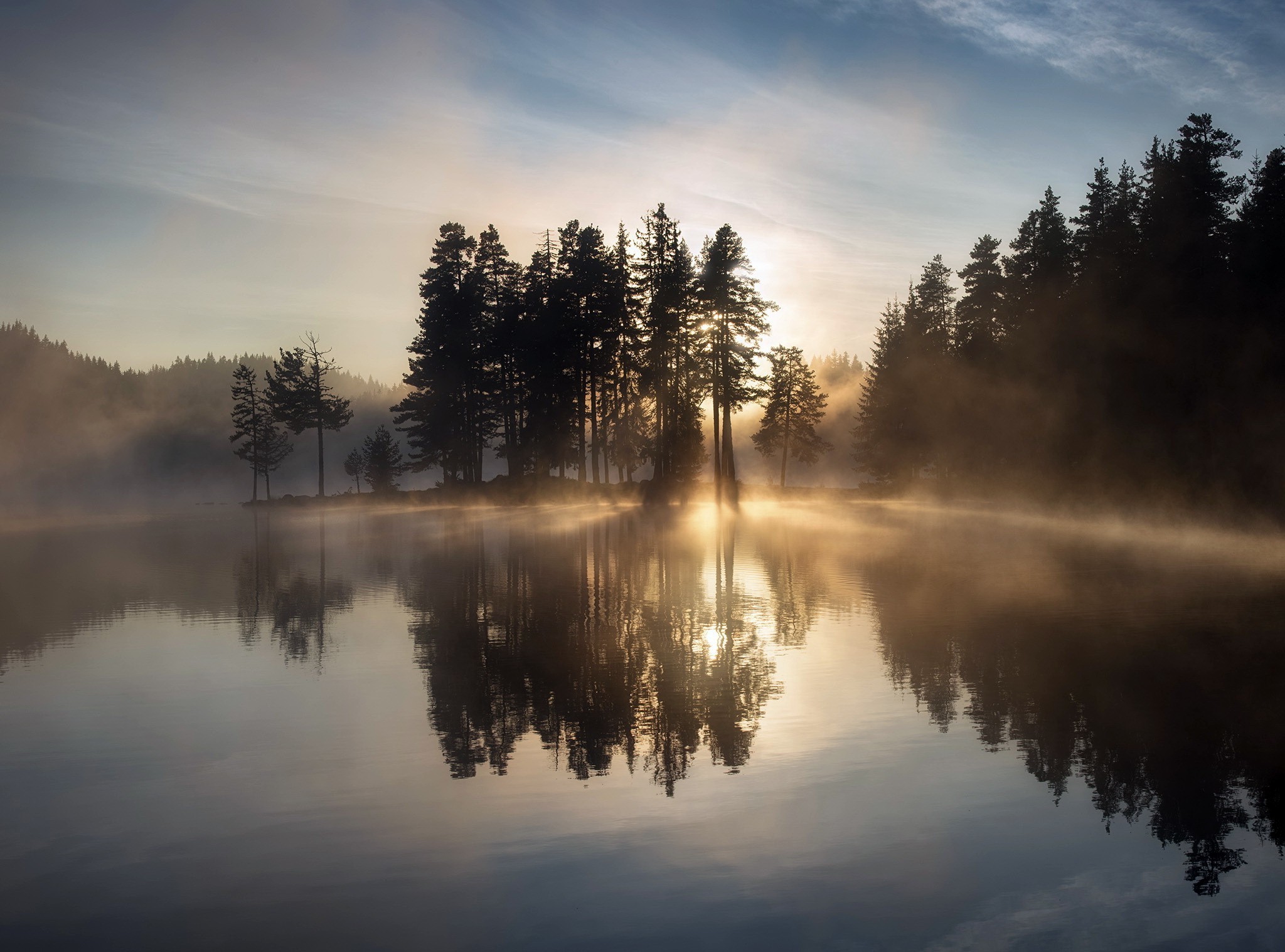
Water Reflection Wallpaper (67+ images)
The most fundamental answer is that water reflects light because the wave impedance of water is different than the one of air and the electric and magnetic field must be continuous everywhere in space.

Free Images water, light, sunlight, texture, wave, petal, pattern, line, reflection, blue
The law of reflection states that the angle of reflection * is equal to the angle of incidence. Light rays that pass through an interface are transmitted rays. These rays bend. This bending is called refraction. The direction and magnitude of refraction depends on the relative densities of the two media and the angle of incidence.
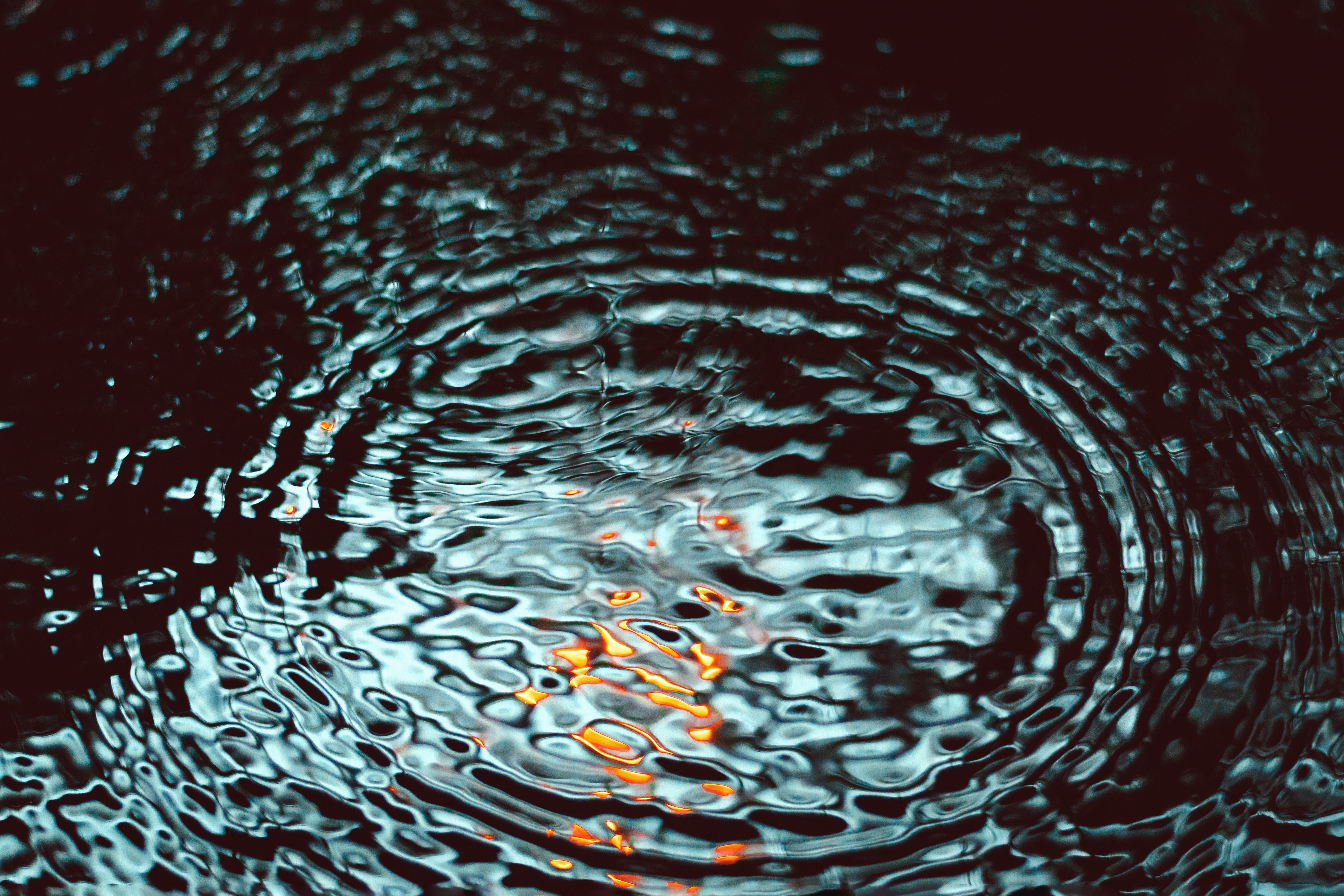
Free picture water, wave, rain, reflection, light
Amazon.com: Water Reflection Light 1-48 of 143 results for "water reflection light" Results TOMNEW Ocean Wave Projector Sound Machine, Night Light Projector with Remote Control Timer 8 Colors LED Lighting Modes Water Lamp for Kids Adults Bedroom Living Room Party Decorations Gift (White) 3,398 500+ bought in past month $2499 List: $31.99
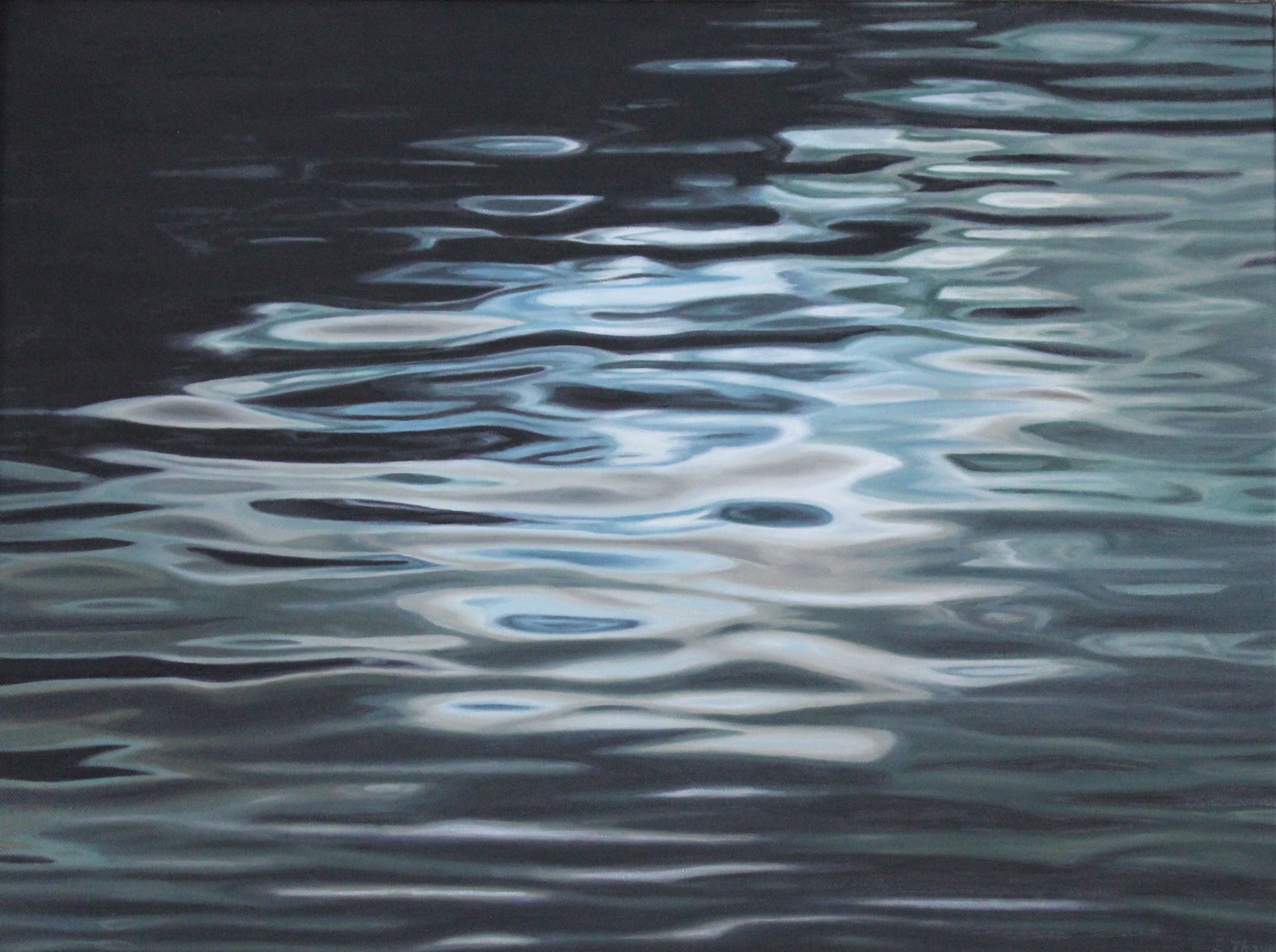
Free photo Water reflection Green, Water Free Download Jooinn
The refractive index of water at 20 °C for visible light is 1.33. The refractive index of normal ice is 1.31 (from List of refractive indices).In general, an index of refraction is a complex number with real and imaginary parts, where the latter indicates the strength of absorption loss at a particular wavelength. In the visible part of the electromagnetic spectrum, the imaginary part of the.
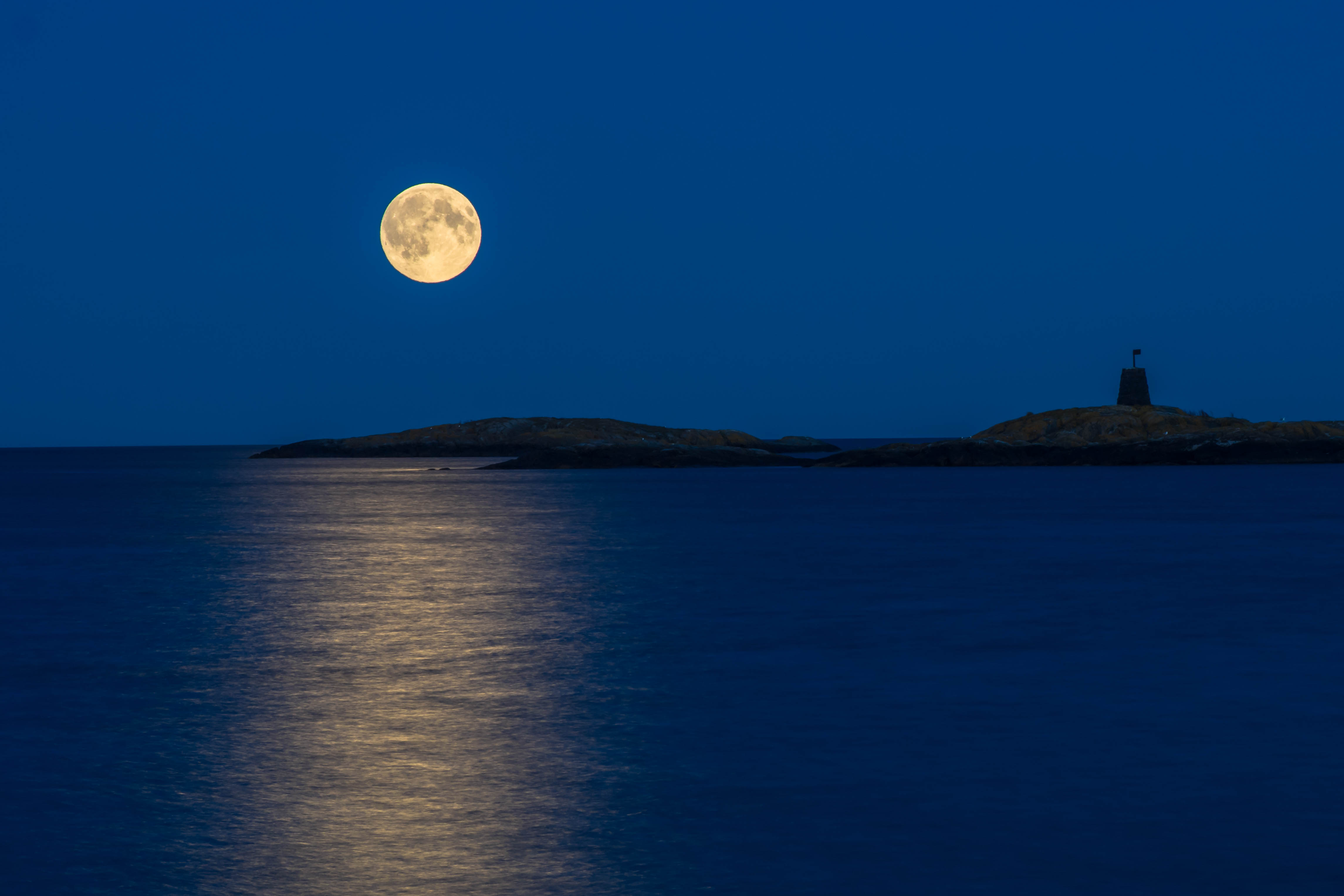
Moonlight Reflection In Sea, HD Nature, 4k Wallpapers, Images, Backgrounds, Photos and Pictures
The reflection of Mount Hood in Mirror Lake. Reflection is the change in direction of a wavefront at an interface between two different media so that the wavefront returns into the medium from which it originated. Common examples include the reflection of light, sound and water waves.The law of reflection says that for specular reflection (for example at a mirror) the angle at which the wave.

Light On Water Reflection Free Stock Photo Public Domain Pictures
A beam of light incident on the metal surface is reflected. Reflection involves two rays - an incoming or incident ray and an outgoing or reflected ray. In Figure 1 we use a single line to illustrate a light ray reflected from the surface. The law of reflection requires that two rays are at identical angles but on opposite sides of the normal.

Free Images glass, light, distortion, reflex, night, art, water, reflection, photography
10 Tips for Capturing Amazing Water Reflections 1. Photograph a lake when the water is calm 2. Consider your composition 3. Photograph the sea at sunrise or sunset 4. Photograph the reflection of birds 5. Try puddles to capture your reflections 6. Choose your subject carefully 7. Shoot water at the perfect time 8.

reflection water and light에 대한 이미지 검색결과 Reference Pinterest 무대 디자인, 물 및 설치 미술
It is given by. n1 sinθ1 = n2 sinθ2. n 1 sin θ 1 = n 2 sin θ 2. 16.6. When the incident angle equals the critical angle ( θ1 θ 1 = θc θ c ), the angle of refraction is 90° ( θ2 θ 2 = 90°). Noting that sin 90° = 1, Snell's law in this case becomes. n1 sinθ1 = n2. n 1 sin θ 1 = n 2.

Free Pool Water Reflection 1 Stock Photo
Article Reflection of light Resource Related topics & concepts Add to collection Reflection is when light bounces off an object. If the surface is smooth and shiny, like glass, water or polished metal, the light will reflect at the same angle as it hit the surface. This is called specular reflection. Topics Concepts Citizen science Teacher PLD

Wallpaper sunlight, lights, sea, night, water, nature, reflection, waves, Formation, light
Water reflection is a beautiful and unusual effect that you can recreate by shooting water in a certain way. It creates an image with bright light spots on a dark background. This effect is called water reflection because it looks like the light is reflected on the surface of the water.

Reflection In The Water Free Stock Photo Public Domain Pictures
Glitter patterns on water are similar to vertical light pillars in the sky, caused by reflection from ice crystals floating or falling with a distribution of slopes. 1-5 Growing up in Alaska, I often saw light pillars above city lights during the winter when the ice-laden atmosphere was calm and cold.

Free Images glass, water, ocean, sun, sunrise, sphere, reflection, light, sky, morning, focus
The eyedropper "disappears" because of how we see light as it encounters glass. When light hits a glass object, some of the light bounces (or reflects) off the glass. The rest of the light.